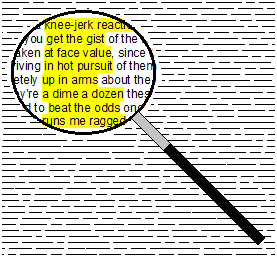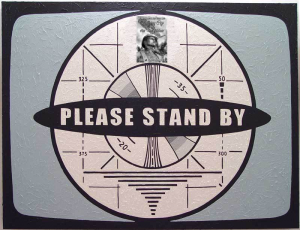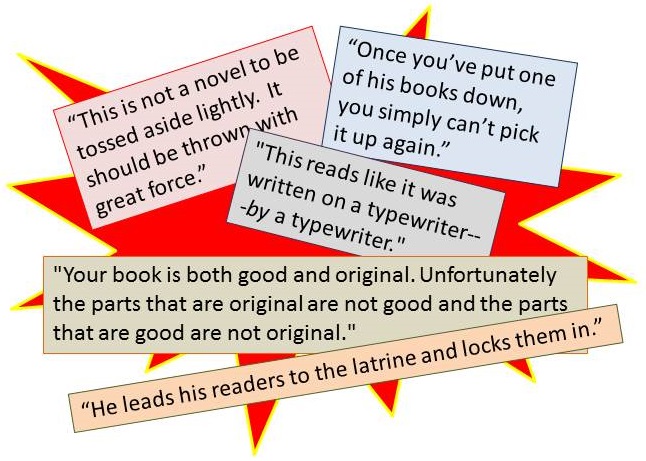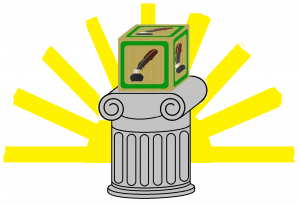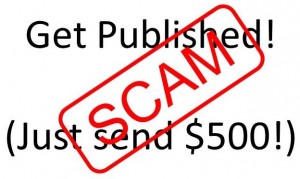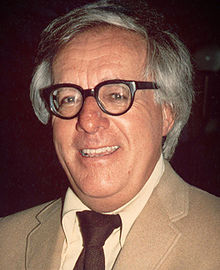Recently I had the honor of interviewing Amber Wise Savage, President of the English Language Adjective Council (ELAC).* Following is the entire text of that interview:
Poseidon’s Scribe: First of all, Amber, welcome to the world of Poseidon’s Scribe and thank you for consenting to this exclusive interview.
Amber Wise Savage: You’re most welcome, and many thanks for the superb opportunity.
PS: Let’s start with the basics. Please tell us about adjectives.
AWS: I’d be happy to. Adjectives are describing words. They modify or qualify nouns and noun phrases. They make up about a solid quarter of all English words. That’s only half the number of those over-plentiful nouns, so we have some catching up to do.
PS: Catching up? Do you think the language needs more adjectives?
AWS: Of course. The current number is meager, scanty, and insufficient.
PS: But don’t you think fiction writers should be sparing in their use of adjectives? Not every noun needs an adjective, after all.
AWS: I disagree. I’ve never seen a noun that couldn’t benefit from two or three choice adjectives.
PS: That used to be true, certainly, when authors used long and flowery descriptions, but don’t today’s readers prefer prose with unadorned nouns and powerful verbs? Don’t adjectives slow down the pace?
AWS: What a dreadful thought, and quite false. Fiction would be bland, barren, and dull without adjectives.
PS: But you’d agree that most adjectives tend to tell, not show, and writers are always being told to show, not tell.
AWS: Again, indisputably false. Writers whose fiction tells too much should not blame innocent adjectives. In like manner, in fiction that shows, you’ll always find well-placed adjectives there, shouldering their share of the burden.
PS: I can see why you’re President of the ELAC. You must acknowledge, though, that some adjectives are used in a redundant way, pleonasms such as closed fist, exact same, and new invention. Also, there are some worthless adjectives that do nothing to modify a noun, weak and ineffectual words like comely, foolish, lovely, pleasant, pretty, stupid, and wonderful.
AWS: For every poor use of adjectives you could cite, I could give you a myriad examples of excellent adjectives that give crisp, focused meaning to their nouns.
PS: I’m sure that’s true. On that note of agreement, I’d like to thank you, Amber Wise Savage, for joining me today. You’re an effective advocate for adjectives everywhere.
AWS: You’re welcome. It’s been…interesting.
Well, that was something. You readers of my blog will have to form your own opinion. Other good blog posts about the use of adjectives in fiction are here, here, here, and here. Amber and I disagree about the extent to which fiction writers should use adjectives. But you’ll have to decide who you’re going to believe, a paid proponent of adjectives, or—
Poseidon’s Scribe
* Not a real person. Not a real council. No interview took place. Some of the facts are true, however.


